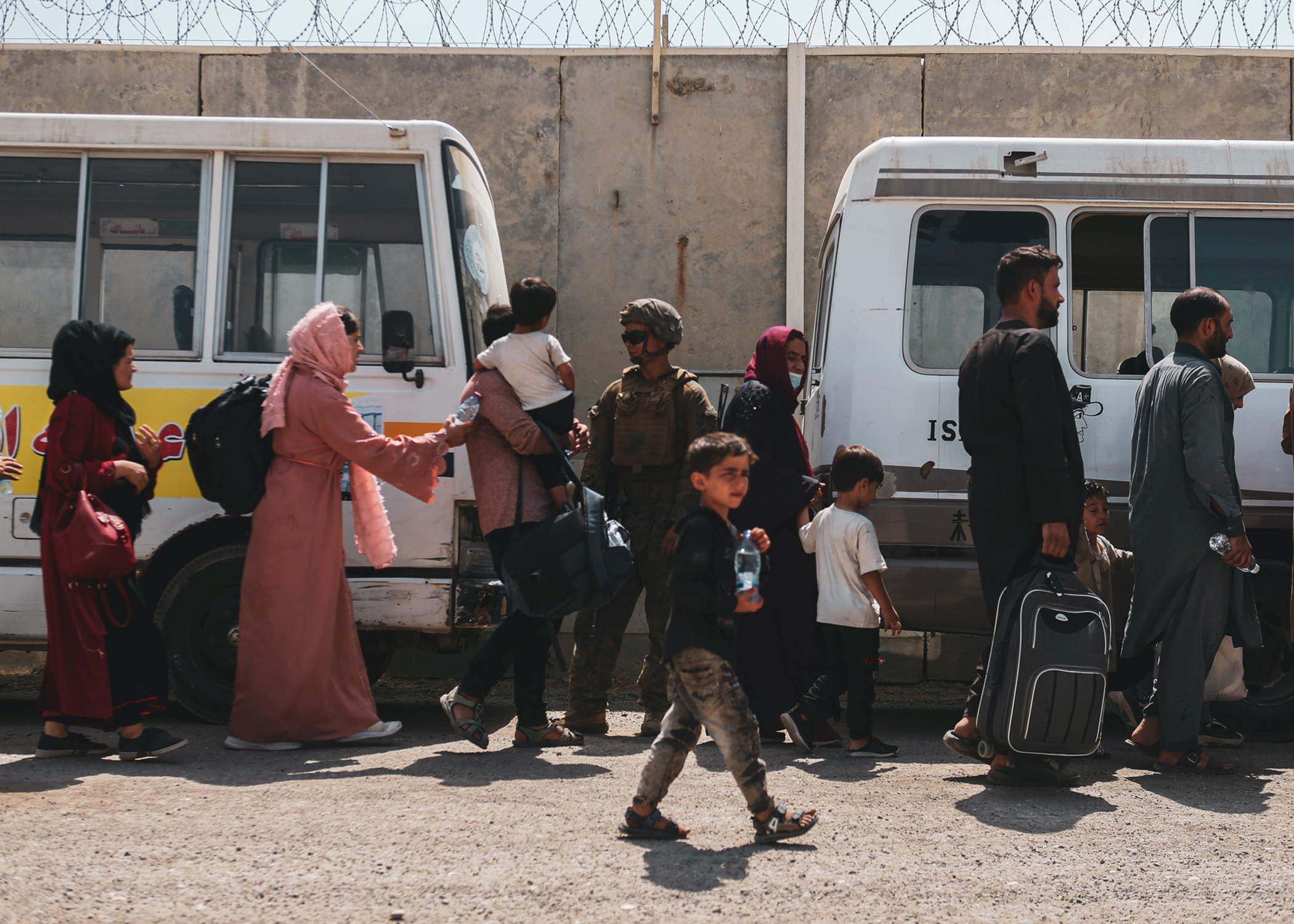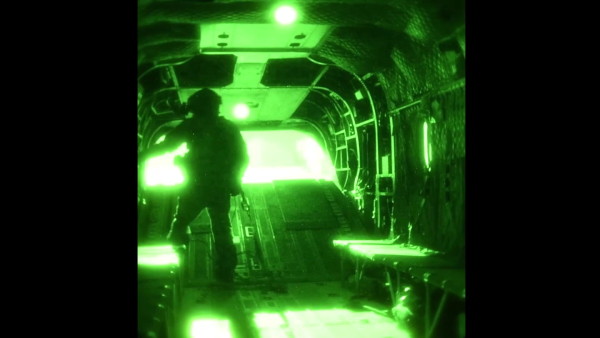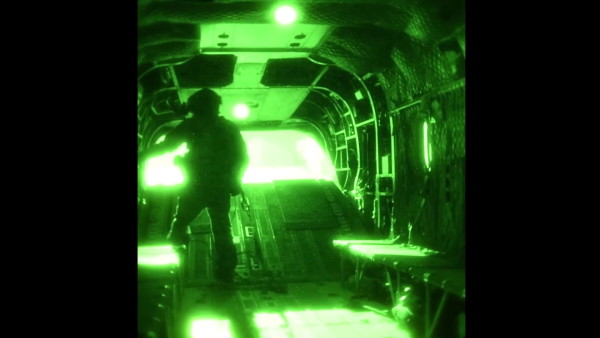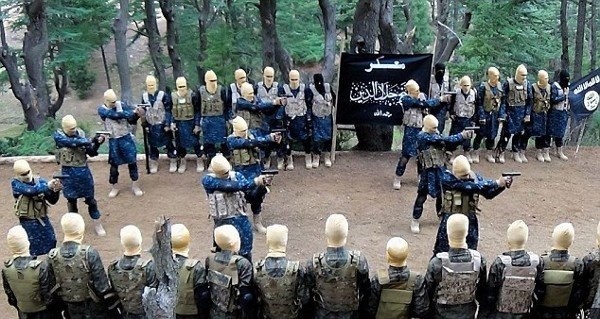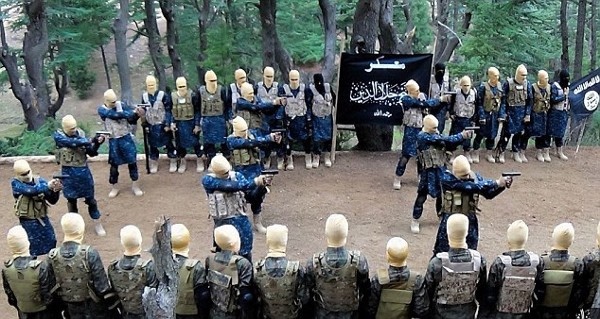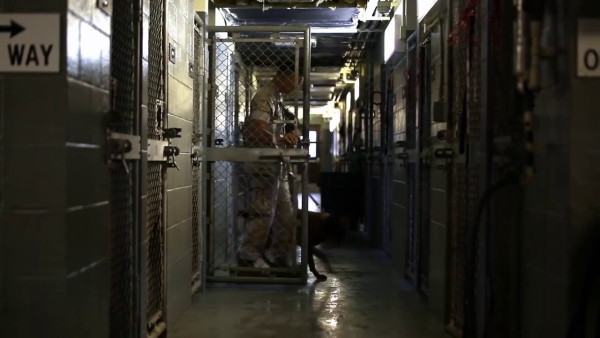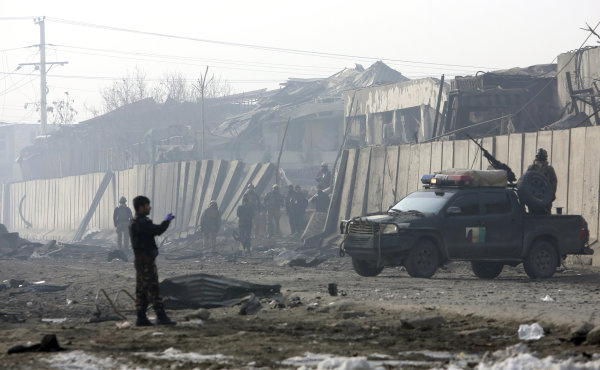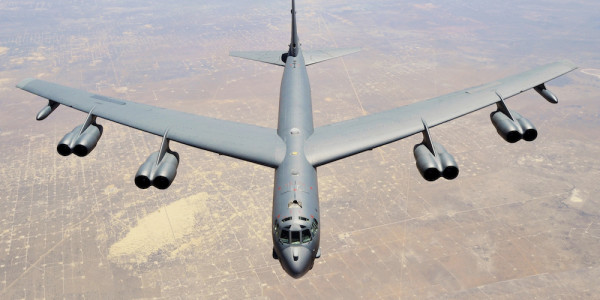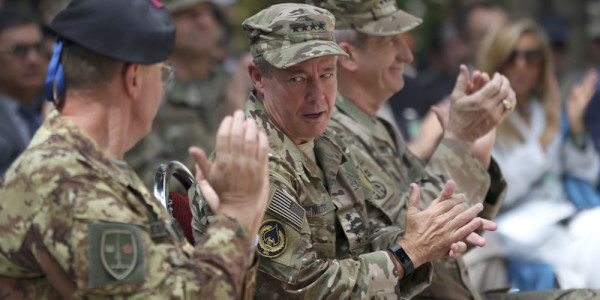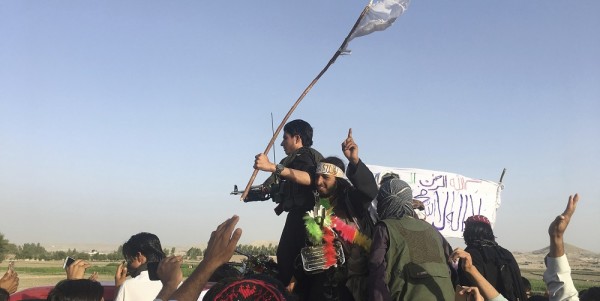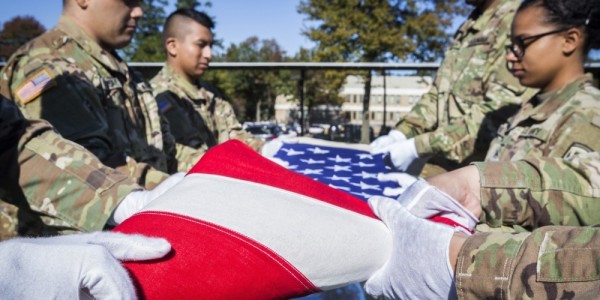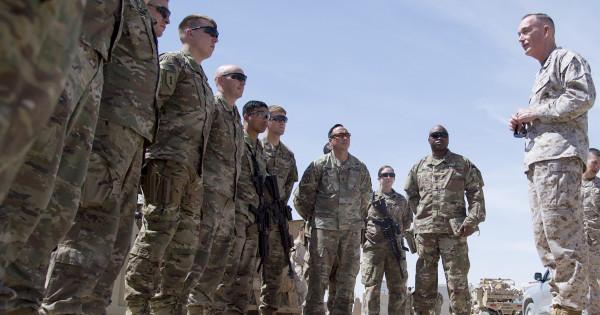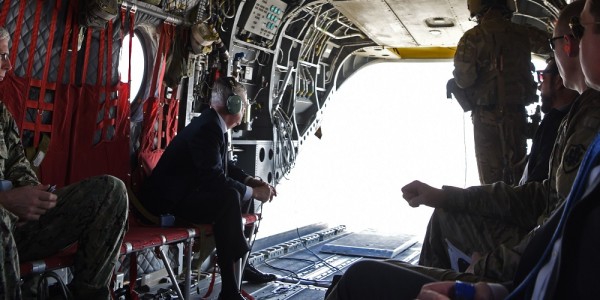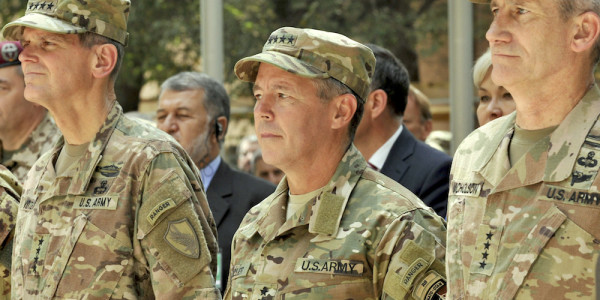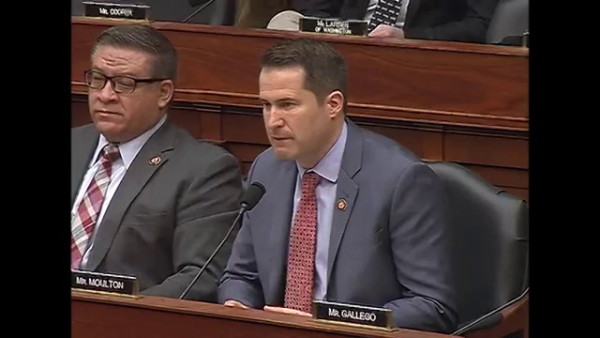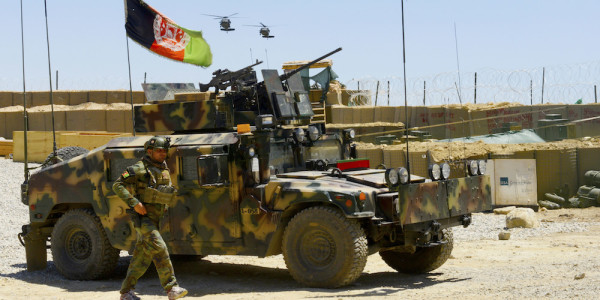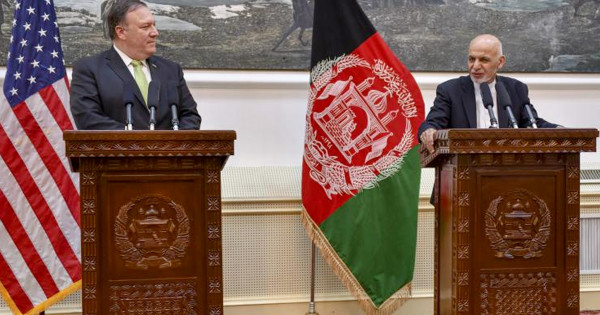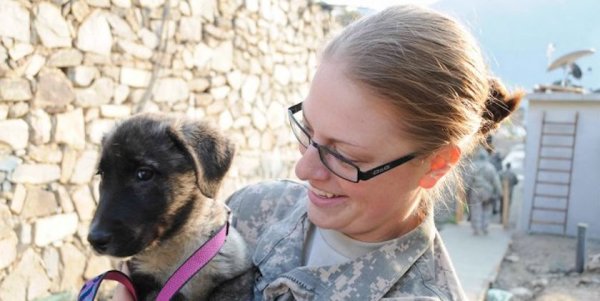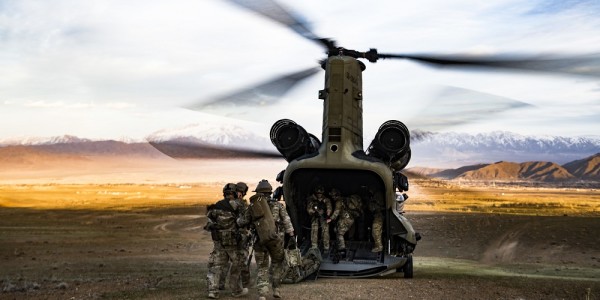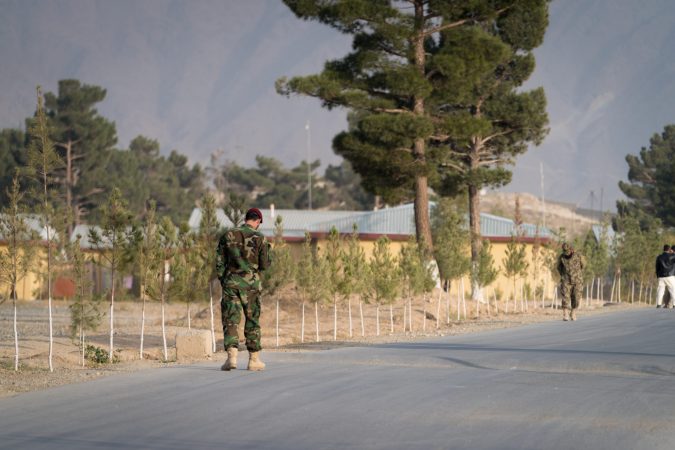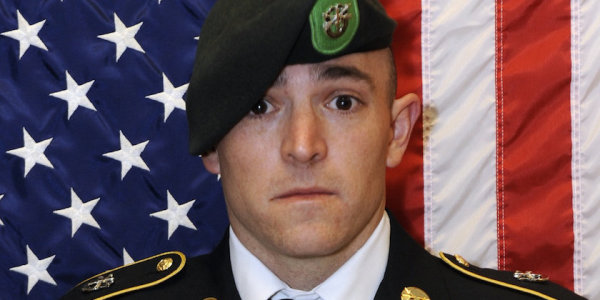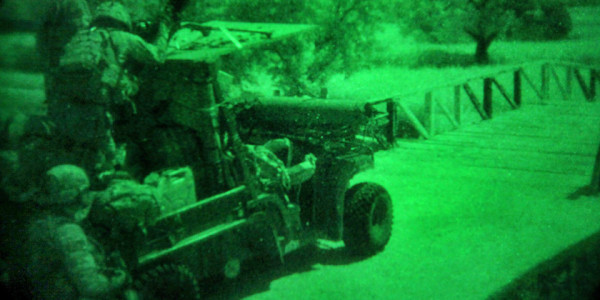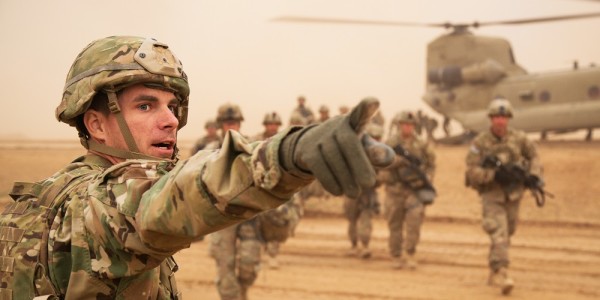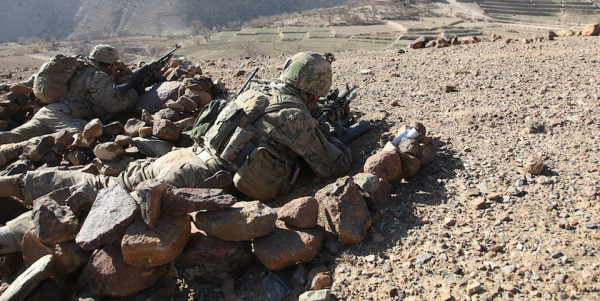It was a global effort, one that would run 24 hours a day for as long as necessary. For many it was a way to channel feelings of anxiety, rage, confusion, and sadness into doing something. One more act of service. One more opportunity to help those who had helped them. The war in Afghanistan had gone on for nearly 20 years without a clear mission and now there was one: Rescue as many people as possible.
As the U.S. government scrambled to get Afghan allies and Americans out of Afghanistan after the Taliban took the capital of Kabul on Aug. 15, groups of U.S. military veterans jumped into action to help evacuate vulnerable Afghans and American citizens still trapped in the city. The names of their operations ran the gamut: Pineapple Express, Team America, Save Our Allies, Allied Airlift 21, to name a few.
The groups included more than just veterans; former intelligence officials, diplomats, tech wizards, and everyday citizens who had the time and the conviction to lend a hand pulled together to map evacuation routes, help Afghans around Taliban checkpoints, and coordinate with U.S. personnel on the ground to get people inside the airport. They had day jobs but the rescue effort took priority for many of the veterans who spoke with Task & Purpose.
“People are working outside of their work hours, they’re giving every moment they have, and you know we’re just trying to do the right thing,” said Alex Plitsas, an Army combat veteran who worked with a group of veterans and officials who had previously served in Afghanistan. “And I think for a lot of us, including me having [post-traumatic stress disorder] for a number of years, this has been an opportunity to try to make something positive out of this shit situation and get some closure.”
Mike Jason, a retired Army colonel and interim executive director for Allied Airlift 21, echoed that sentiment, saying it was a way for some veterans to shift their focus from questioning their own losses in Afghanistan, to helping others.
“I lost my battalion [executive officer], I lost one of my best friends over there, I spent a significant amount of my professional career worrying about and being in that region, in Afghanistan, but in the end it gave us this focus to do something,” he said. “At the same time we had kind of that gut punch, that hey it’s over, it’s not a win, it’s not even close. And how do we deal with that?”
Jason, a West Point graduate, said he was texting with a former Army War College classmate, an Afghan military officer, as Kabul was collapsing. He was working to get his friend out, which seemed — and was — possible in the first few days. The possibility to get others out, however, got slimmer and slimmer as time went on. Soon he was roped into a network of other West Point graduates who were working to get Afghan friends out of the country. That group grew into a broader operation to get special immigrant visa (SIV) applicants out; the organization expanded to include roughly 300 volunteers working around the clock.

Another group was started when a former U.S. Army commando reached out to a private equity investor for help in evacuating thousands of children in Kabul, the Wall Street Journal reported. The request for help resulted in an operation called Commercial Task Force, which was carried out with the help of the United Arab Emirates as a temporary host nation for evacuees. Veterans — alongside other volunteers which included former diplomats, financial donors, and nonprofit workers — helped coordinate evacuations and direct Afghan citizens to safety from a hotel conference room in Washington, D.C., the Journal reported.
Commercial Task Force “dispatched former commandos to Kabul to retrieve evacuees,” the Journal reported. Nick Palmisciano, an Army veteran and founder of the lifestyle brand Ranger Up, was one of those veterans. He explained that the group on the ground was just a handful of people at first, but eventually grew to include 12 members. They worked alongside the State and Defense Department, he said, and were given their own ramp for chartered flights that they’d paid for evacuating Afghans to the UAE.
It wasn’t normal for that to be able to happen, Palmisciano said, but a lot of what happened over the last two weeks wasn’t normal.
“It’s the wild west,” he said. “All of the normal military rules are out, and for the first time that I’ve ever seen it, everybody is fine with it. Everybody was like ‘Yeah we know that there’s usually a 47-page form you have to fill out, but fuck it, just get these people out.’”
In total, Palmisciano estimated over 11,000 people were evacuated through their operation.
Another group, called Task Force Pineapple, was made up of “current and former U.S. special operators, aid workers, intelligence officers and others with experience in Afghanistan,” ABC News first reported. As of last Thursday, the group told ABC that the “Pineapple Express” had brought roughly 500 Afghan special operators and other “high-risk individuals” and their families into the Hamid Karzai International Airport. Some members of the group were wounded in the suicide bombing on Thursday morning that killed 13 U.S. service members and hundreds of Afghans.
“This Herculean effort couldn’t have been done without the unofficial heroes inside the airfield who defied their orders to not help beyond the airport perimeter, by wading into sewage canals and pulling in these targeted people who were flashing pineapples on their phone,” retired Army Lt. Col. Scott Mann, an Army Special Forces veteran who led the operation, told ABC News.
Because there were several operations happening at once, Shawn VanDiver, a Navy veteran and founder of the San Diego chapter of the Truman National Security Project, a non-profit focused on national security and U.S. policy, stepped into the center of the web of organizations to launch an operation center of sorts, to streamline planning and communication between the different organizations.

VanDiver’s operation first started in his home, he said, but it soon became clear they needed somewhere larger “where there were whiteboards, where we could keep track of everything that was going on and try to deconflict.” He noticed “a whole bunch of rogues and scallywags” and amateurs were entering the space, who either may have thought they were helping, but in fact were not, or were intentionally taking advantage of the situation to get attention or raise money for themselves.
Multiple organizations started working together; VanDiver explained they had an intelligence cell doing “regular intel briefings,” they worked to connect people with crews on the ground, including the Commercial Task Force.
“Really the whole purpose of this was to make sure that there was cross-communication going throughout, that we were actively being part of the solution and not part of the problem, not getting in anybody’s way,” VanDiver said. He added that the groups were working with the “hundreds of State Department and DoD employees working their asses off around the clock,” and that the intention was about adding capacity to their efforts, and to already-established refugee and resettlement organizations. He also emphasized that that’s where the focus should be going forward — not “playing cowboy on the ground in Afghanistan.”
There was also some frustration among those who have stepped up to help — frustration that they even had to in the first place, because of the way events have unfolded so chaotically in Afghanistan. Jason Redman, a Navy SEAL veteran who worked with Task Force Pineapple, told ABC News that he was frustrated “that our own government didn’t do this. We did what we should do, as Americans.”
Elliot Ackerman, a journalist and Marine Corps veteran, wrote in the New York Times that because of President Joe Biden’s decision to withdraw troops, “it has fallen to veterans and other civilians to try to save those who are desperately appealing for our help.” Ackerman has been assisting one of the many underground groups working to coordinate evacuations for Afghans seeking to escape.
“It shouldn’t fall to our service members to clean up the mess made by this catastrophic withdrawal,” Ackerman wrote in the New York Times. “And yet it has. … Most of us, I believe, have done it out of a sense of duty and moral obligation, and as a last-ditch effort to uphold the promises we made to our Afghan friends.”
In at least one case, criticism surfaced that a volunteer with one of the groups was pulling a publicity stunt and making things harder for those on the ground. Tim Kennedy, an Army special forces soldier, joined up with the Commercial Task Force and went to the Middle East to assist with evacuation efforts. Criticism of Kennedy, who was there in a personal capacity and not on Army orders, began circulating online, accusing him of bringing in buses of people to the airport only to have them turned around and driven outside of the gate. Critics said he “made more work” for the Marines who were there processing evacuees.
Kennedy responded to some of that criticism himself on Twitter, insisting he was not “running around on my own,” and that the group did not “bring in ‘buses of unverified Afghans.’”
Palmisciano strongly pushed back on criticism of Kennedy to Task & Purpose, saying the bus incident was an unfortunate situation that resulted from miscommunication between the task force and higher-ups on the ground in Kabul. But, he said, the team was working day and night to get as many people out as they could.
“These guys went all out, they left it all out there trying to save as many people as possible,” Palmisciano said of the task force. “And you’ve got random, no-name dudes, anonymous accounts on the internet talking about something they have no knowledge of. Infuriating.”
Ultimately, the veterans working among the different groups to assist with evacuations had one common takeaway: They’d never seen people so engaged, so united, to accomplish the same mission. They talked about looking to what comes next, and how that same collective energy should be used to care for refugees when they arrive in the U.S., and ensure that government officials have updated lists of those who were left behind.

“We’re about to quickly transition to the second phase of this,” Plitsas said. “Which is that all of those folks who have served as interpreters, or U.S. citizens, or whoever else had to flee with nothing because they were dual citizens — they’re on their way here, and they’re going to need our support. Particularly ones who volunteered and then worked alongside us … We have a moral obligation to take care of those people when they get here. It can’t turn into a political football over immigration, it needs to be a bipartisan effort to support those who stood by us.”
Jason emphasized that there are “lessons learned” that the different groups can pass on to the government so something like this “never happens again.” VanDiver echoed that, adding that he believes those who worked with the U.S. military and come to the United States deserve veterans benefits, the same as he gets for serving in the Navy.
“This is the most American thing that’s ever happened,” VanDiver said. “A bunch of well-meaning Americans who have some connection to Afghanistan banded together to help save lives, and they had a real impact on getting people through the gate. That’s amazing.”
More great stories on Task & Purpose
- All US troops are officially out of Afghanistan
- These are the 13 American military service members killed in Kabul
- Marine commander relieved over viral video calling out military leaders for Afghanistan withdrawal
- One of the most telling scenes in ‘Saving Private Ryan’ involved a sidelong glance at a sandwich
- Air Force special operators go from firefights to firefighting in California
- ‘This is what we live for’ — Air Force C-17 crews jump at the chance to help others in Afghan airlift
- This is the U.S. military equipment that likely ended up in Taliban hands
Want to write for Task & Purpose? Learn more here and be sure to check out more great stories on our homepage.

